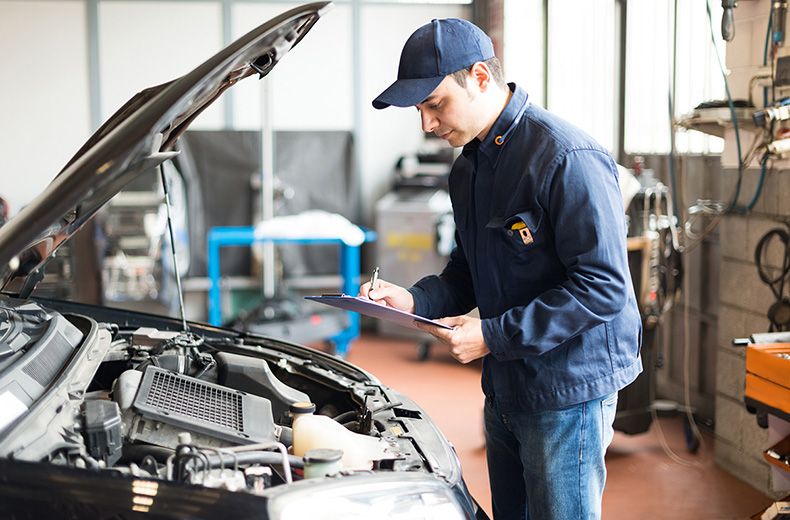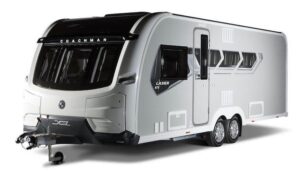Introduction
Brief overview of what an MOT is:
The MOT (Ministry of Transport) test is a mandatory vehicle safety and roadworthiness assessment conducted in several countries. It ensures that vehicles meet specific safety standards and environmental criteria. The test’s primary goal is to reduce the risk of accidents due to vehicle malfunctions and to ensure minimal environmental impact from emissions.
Importance of vehicle safety and roadworthiness:
Vehicle safety and roadworthiness are paramount for the well-being of both the vehicle’s occupants and other road users. Ensuring that a vehicle, whether it’s a car, truck, or even a caravan, is in top condition reduces the chances of accidents and breakdowns. While many wonder, “does a caravan need an MOT?”, understanding the essence of the MOT test provides clarity on its significance for all vehicles.
Definition of a Caravan
Differentiating between caravans, motorhomes, and campervans:
A caravan is typically a towed vehicle that provides a place to sleep and often includes other amenities. In contrast, motorhomes and campervans are self-propelled and combine both living quarters with a driving section. While some might question, “is a caravan a vehicle?”, it’s essential to understand that while it serves as a mobile living space, it’s not self-driven like motorhomes.
Types of caravans: touring caravans vs. static caravans:
Touring caravans are designed to be towed by another vehicle and can be moved from one location to another. Static caravans, on the other hand, are intended to remain in one place and are often found in holiday parks or similar settings. The distinction is crucial when considering the caravan MOT requirements, as their mobility and usage can influence their safety standards.
MOT Requirements for Vehicles in General
What is the MOT test and why is it necessary?:
The MOT test is a periodic examination of vehicles older than three years to ensure they comply with safety and environmental standards. It’s a legal requirement in many countries to ensure that vehicles on the road are not a danger to themselves or others. While the primary focus is often on cars and trucks, the question arises, “does a caravan need an MOT?”, given its unique nature.
General criteria for vehicles that require an MOT:
Typically, vehicles that are over three years old and are used on public roads need an MOT. This includes checks on brakes, lights, tires, exhaust systems, and many other essential parts of a vehicle. While caravans don’t traditionally fall under the same category as regular vehicles, understanding general MOT criteria can shed light on the caravan MOT debate.
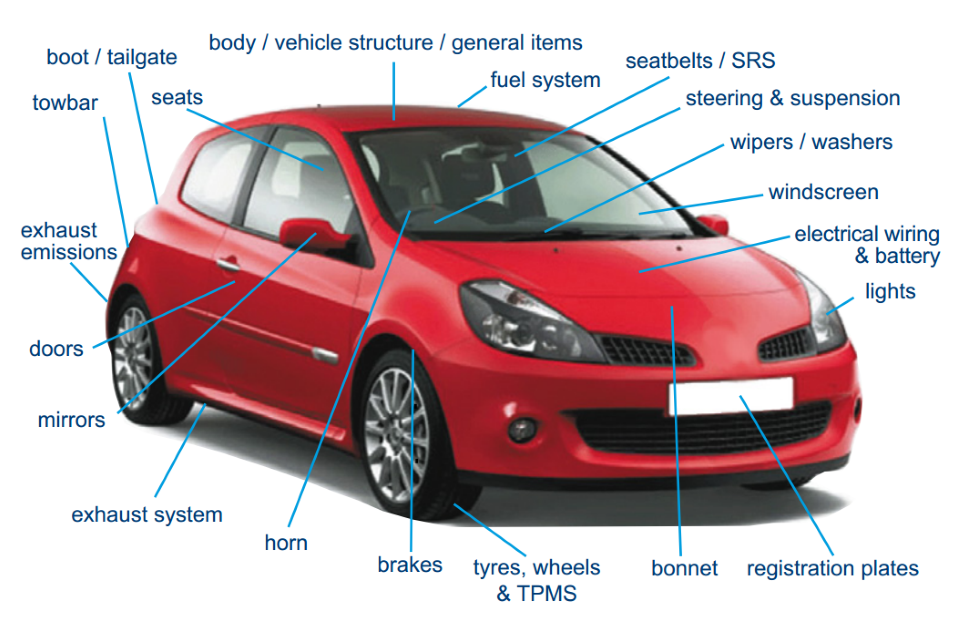
Caravans and the MOT
Legal requirements for caravans:
Legally, most towed caravans do not require an MOT in the same way cars do. However, this doesn’t mean they’re exempt from safety standards. Depending on the country or region, there might be specific regulations governing caravan safety, especially concerning their towing mechanisms and weight.
Differences between caravans and other vehicles in terms of MOT:
While cars, trucks, and motorbikes might need regular MOT tests, caravans operate under different rules. The primary reason is that a caravan, while being a vehicle in the sense that it moves on roads, is not self-propelled. Thus, the caravan MOT requirements, or lack thereof, stem from its distinct classification and the potential risks it poses on the road.
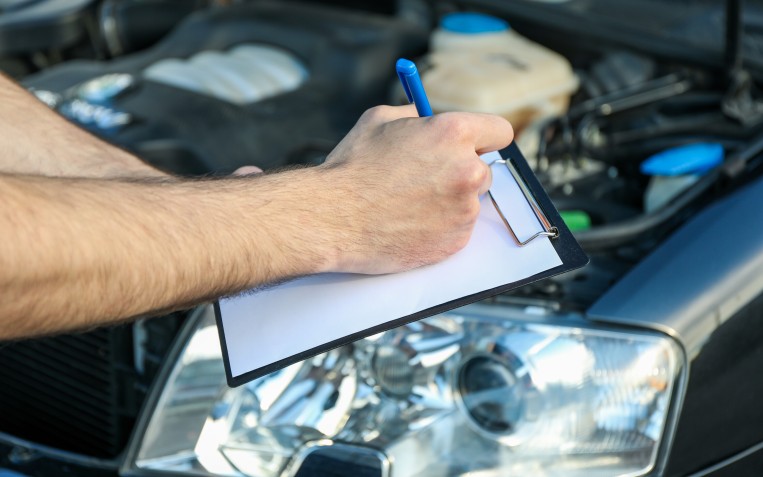
Exceptions and Specific Cases
When might a caravan require an MOT or similar test?:
While the general rule is that caravans don’t need an MOT, there are exceptions. For instance, if a caravan has been modified to include braking systems or if it falls under a specific weight category, it might need to undergo certain checks. It’s essential to be aware of these nuances to ensure one’s caravan is compliant with local regulations.
Trailers and their MOT requirements:
Trailers, like caravans, are towed vehicles. Depending on their weight and purpose (commercial vs. personal use), they might have specific MOT or safety check requirements. Understanding these can help caravan owners, especially those with larger or modified caravans, ensure they’re on the right side of the law.
Safety Considerations for Caravans
Importance of regular maintenance and checks:
Even if the general consensus is that a caravan doesn’t require a traditional MOT, it’s crucial for caravan owners to prioritize regular maintenance and checks. Given that a caravan is a vehicle in terms of its mobility on roads, ensuring its structural integrity, tire condition, and towing mechanisms are in optimal shape is essential. Regular checks can prevent accidents, ensuring the safety of both the caravan’s occupants and other road users.
Common safety issues and how to address them:
Caravans, like any other vehicle, can face a range of safety issues. From worn-out tires and faulty electrical systems to issues with the towing hitch, being proactive in identifying and addressing these problems is paramount. While the debate on “does a caravan need an MOT” continues, there’s no doubt that addressing common safety issues is non-negotiable for responsible caravan ownership.
Benefits of Voluntary Safety Checks
Why some caravan owners opt for voluntary checks even if not legally required:
The absence of a legal mandate for a caravan MOT doesn’t deter many caravan owners from seeking voluntary safety checks. These checks offer peace of mind, ensuring that the caravan is roadworthy and safe for use. Given the ambiguity around the question, “is a caravan a vehicle?”, many owners prefer to err on the side of caution, treating their caravans with the same diligence as any other vehicle.
Benefits in terms of insurance, resale value, and peace of mind:
Voluntary safety checks can have several advantages. Insurance companies might offer better premiums for caravans that undergo regular checks, recognizing the reduced risk associated with well-maintained vehicles. Additionally, when it comes to selling the caravan, a history of voluntary checks can boost its resale value. Beyond these tangible benefits, knowing that one’s caravan is in top condition offers invaluable peace of mind during travels.

Consequences of Not Meeting Safety Standards
Legal implications:
While the primary question “does a caravan need an MOT” might have a straightforward answer in many jurisdictions, failing to meet general safety standards can have legal repercussions. Depending on the region, towing a caravan that’s deemed unsafe can result in fines, penalties, or even legal action. It’s essential for caravan owners to be aware of local regulations and ensure compliance.
Risks to the driver, passengers, and other road users:
An unsafe caravan poses risks not just to its occupants but also to other road users. Issues like faulty brakes, poor visibility due to malfunctioning lights, or structural weaknesses can lead to accidents. While the caravan MOT debate focuses on legalities, the ethical responsibility of ensuring safety should be every caravan owner’s priority.
FAQs about Caravans and MOT
Addressing common questions and misconceptions:
Given the unique nature of caravans, many questions arise. From “is a caravan a vehicle?” to specifics about the “caravan MOT”, addressing these questions head-on can provide clarity to readers. By debunking myths and offering factual information, caravan owners can be better equipped to make informed decisions about their vehicles.
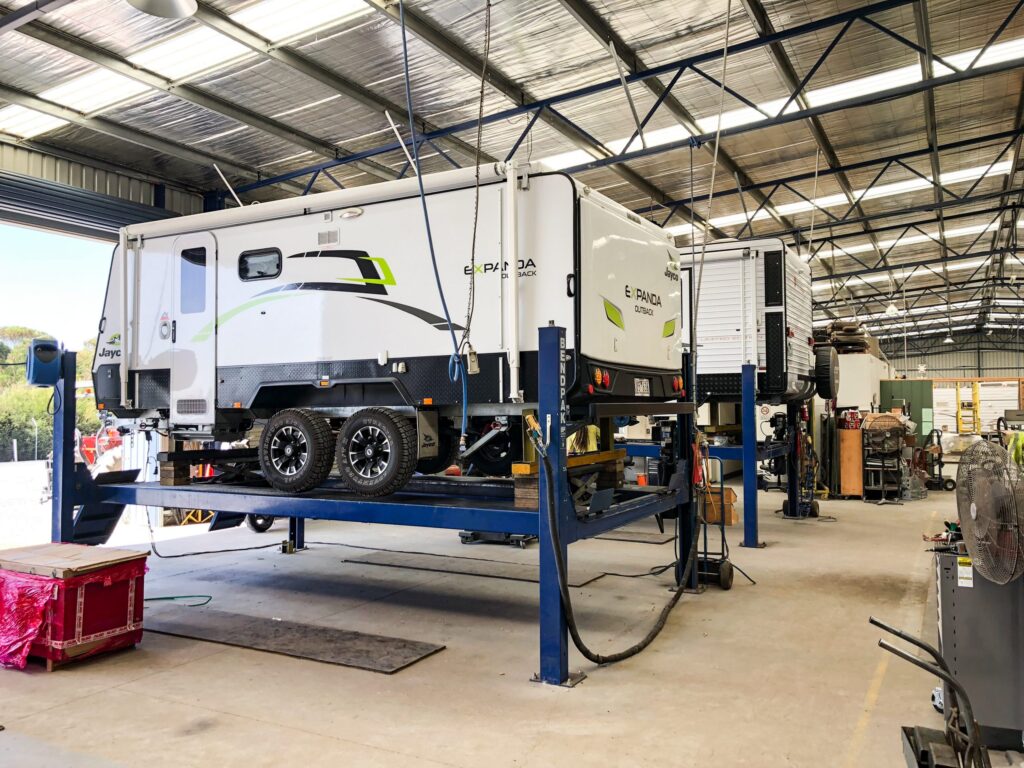
Conclusion
The debate around “does a caravan need an MOT” is multifaceted, rooted in both legal and safety considerations. While caravans might not always fall under traditional MOT requirements, the onus is on owners to ensure their safety and roadworthiness. Whether through voluntary checks or by staying informed about local regulations, responsible caravan ownership is paramount for the safety of all road users.
